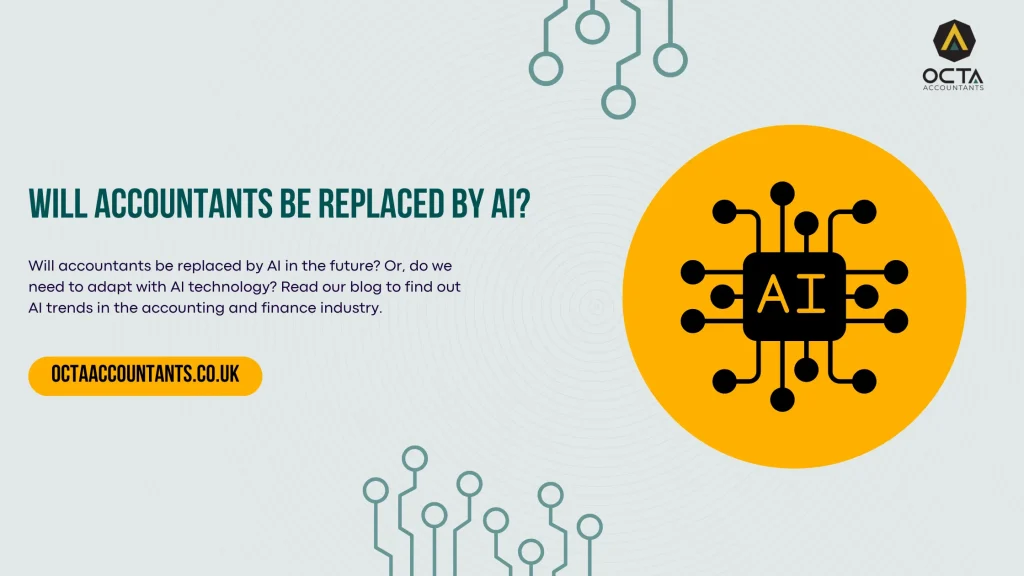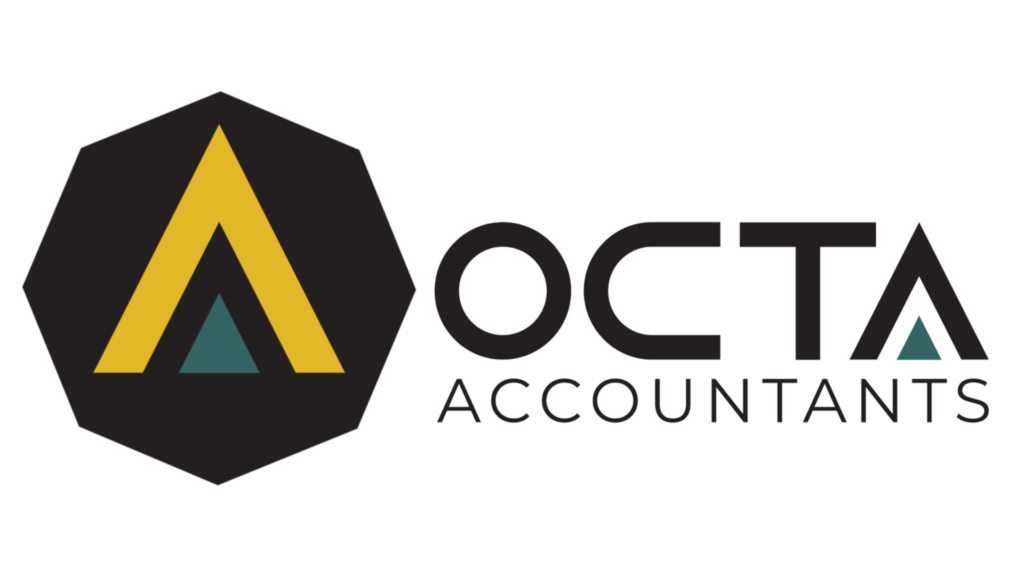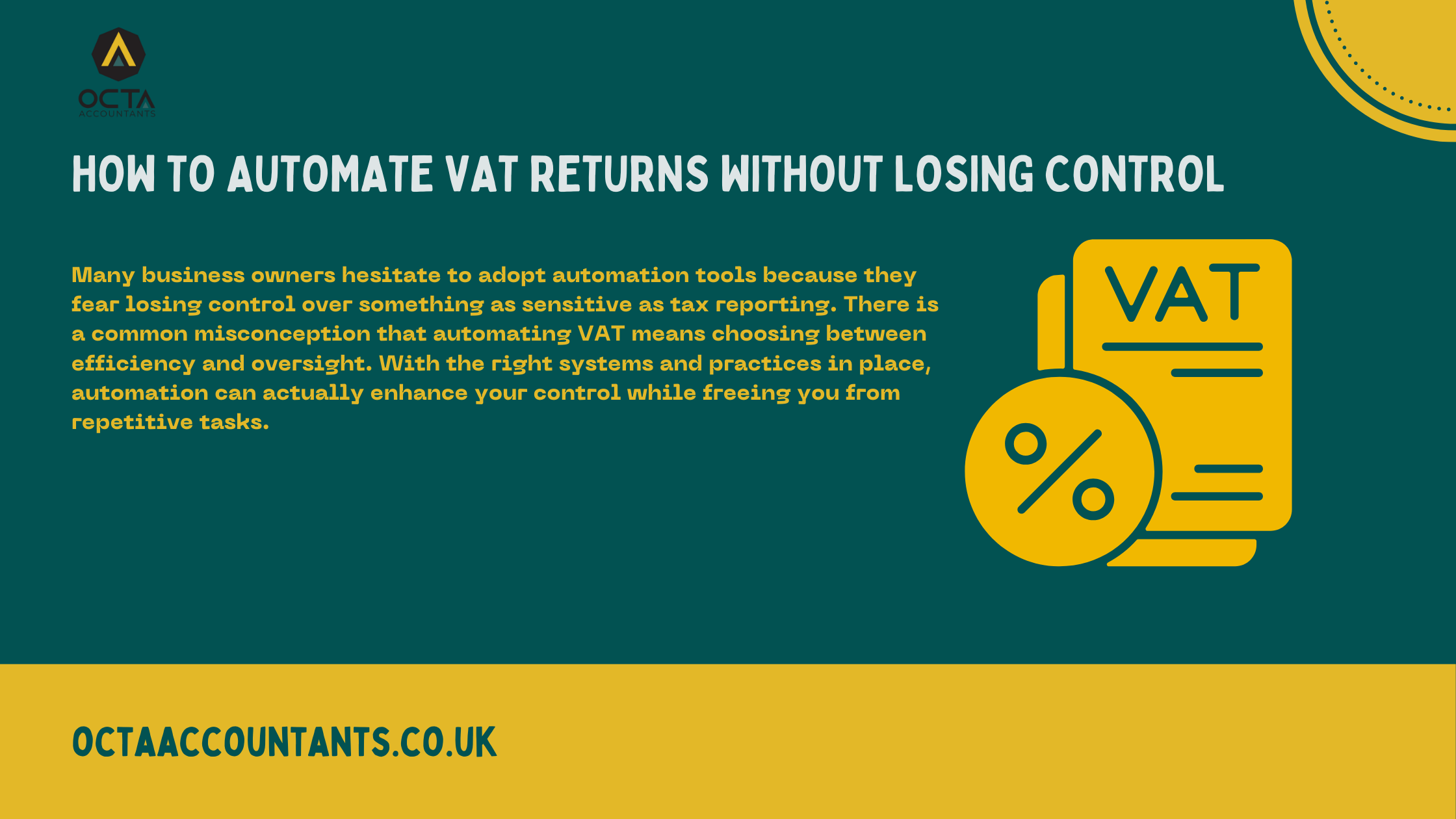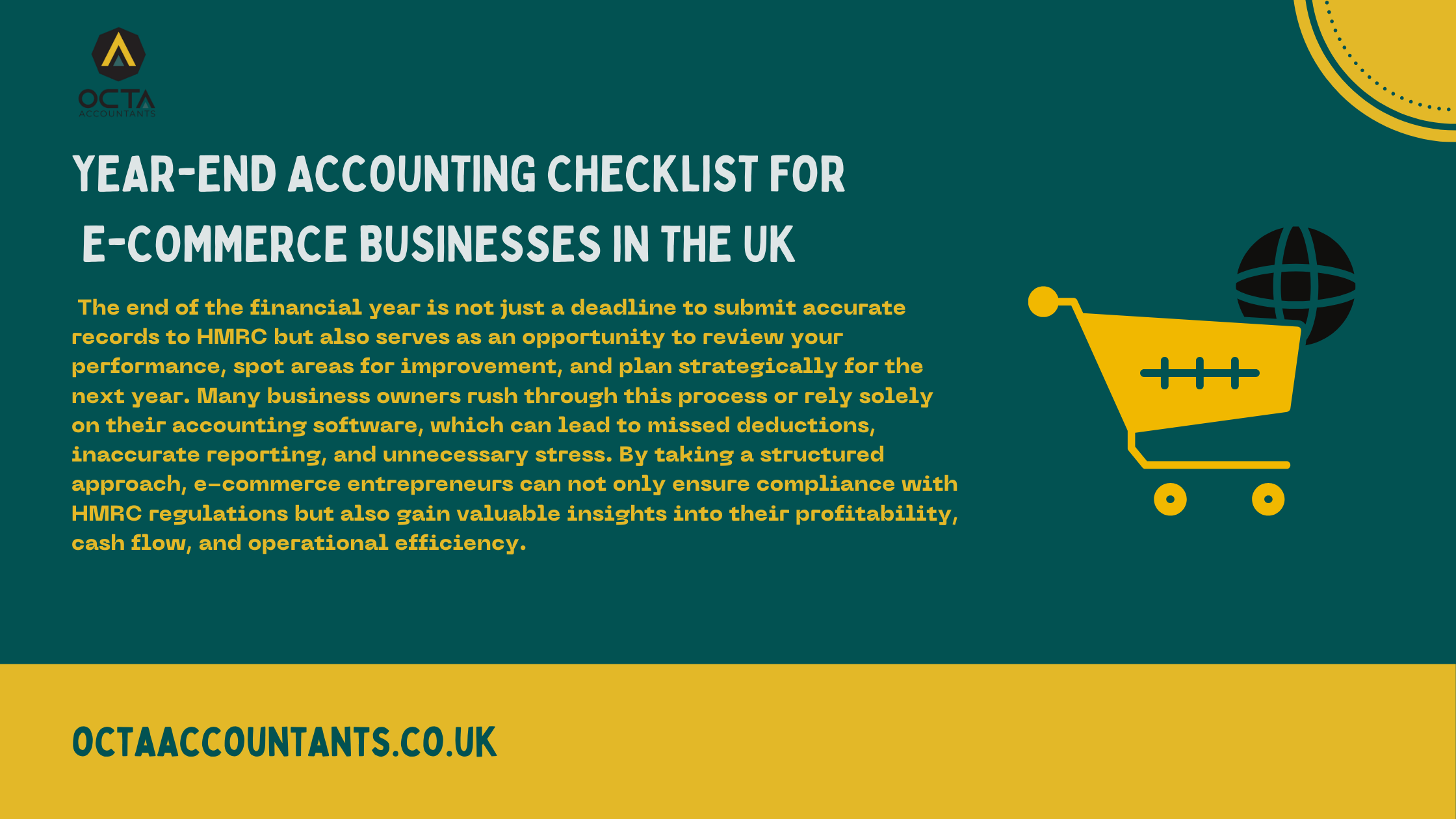
Octa Accountants

6 Min Read

Oct 29, 2024

AI Accounting


In today’s fast paced and constantly evolving digital landscape AI happens to be the new norm. From self-driving vehicles to chatbots, automation is revolutionizing each and every sector you can name and that is why accounting is no exception. As AI continues to replace humans in many fields the question arises will accountants also be replaced by AI in the near or unforseen future? Read our blog to explore the multiple possibilities of AI becoming our strongest ally as far as accounting is concerned because there are certain nuisances associated with this field that can not be handled by AI alone without any human interference.
Before we delve deeper into the argument against AI overtaking accounting we need to critically analyze what it is that accountants do. Accountants assess financial data, provide guidance on decision-making, assist with regulatory compliance, and drive strategic planning.
Furthermore, they handle tax planning, budgeting, audits, and can even provide investment advice. Each of these roles entails sound judgment and extensive understanding of financial regulations and legislation pertaining to taxes.
Being an accountant is much more than just merely processing statistics; it’s about turning those facts into valuable insights that help businesses make informed decisions. In essence, accountants are critical for both businesses and their clients in analyzing and improving their financial health.
Also Read: How to calculate VAT on Amazon Sales?
Once you understand the complete role and responsibilities associated with being an accountant then you can easily compare and contrast how well AI can take on their job. AI is undoubtedly becoming a vital part of accounting as it analyzes vast amounts of data far faster than a human can, making it a valuable tool for repetitive, rule-based tasks like bookkeeping, data entry, and invoice processing.
Even though the abilities that AI possess are quite compelling, it has its own limitations as well. While it can process data quickly, AI lacks the intuition and judgment that accountants bring to the table. AI can support accountants by handling repetitive work, but it struggles with tasks that involve complex problem-solving, context, and ethical considerations.
Accounting isn’t just about numbers more so it involves ethical considerations and regulatory compliance. Accounting is more than simply numbers as it also requires ethical considerations and regulatory compliance. A minor alteration in tax laws or regulations may have a significant influence on how a business operates financially. Accountants utilize their technical expertise and understanding of ethical norms to make judgments that are in the best interests of their clients while adhering to legal requirements. Such judgments require an ethical context and human thinking, which AI lacks.
Financial situations are not always black and white, and every has its own unique set of challenges that require customized solutions. Accountants must negotiate unusual cases, examine financial data in context, and come up with creative ways to assist clients in overcoming such concerns. AI can provide insights based on patterns, but it lacks the ability to adjust its approach to each specific client and their requirements.
Navigating the complexities of eCommerce accounting can be overwhelming, but you don’t have to do it alone. At Octa Accountants, we specialize in helping online businesses streamline their financial processes, manage inventory, and stay compliant with tax laws. Whether you’re a small business or a growing enterprise, our expert team is here to ensure your finances are in perfect order—so you can focus on scaling your business.
Accounting standards and tax legislation are always undergoing shifts. AI systems are often designed on present regulations and require ongoing updates to be compliant. While a human accountant can swiftly adapt and grasp recent changes, retraining an AI to understand complex, sometimes perplexing regulatory modifications may be difficult and time-consuming.
AI systems rely on massive volumes of financial data, which can cause serious concerns regarding security and privacy. Sensitive information, such as bank account data, tax records, and payroll, must be handled with extreme caution. If an AI system is hacked or incorrectly developed, it could disclose sensitive financial information. Human accountants, on the other hand, undergo training in confidentiality and data protection, providing an additional degree of security that AI cannot intrinsically provide.
Financial decisions are frequently impacted by non-financial elements such as fluctuations in the market, client perspective, and geopolitical events. Human accountants can consider these larger variables when advising clients, but AI cannot perceive context other than numerical data.
Accountants work closely with clients to understand their needs and provide tailored recommendations. Many individuals prefer to deal with a human when discussing sensitive and critical financial problems, as trust is of paramount importance in such negotiations and interactions. AI cannot replace the process of building and sustaining client connections.
Who is to blame if an AI system misinterprets data or makes an error? Accountability in accounting is critical, and it is a responsibility that only humans can bear. If an accountant commits a mistake, they are held responsible but with AI, responsibility becomes more complicated.
AI in accounting can be a valuable asset as an ally but it cannot completely replace humans as accountants in their field. When data input or reconciliation is handled by AI, accountants can spare more time to higher-value obligations. Instead of spending hours manually entering data, they may evaluate the outcomes, strategize, and advise clients on significant fiscal choices. This shift makes accountants invaluable in today’s competitive business market, where actionable insights are sought to drive growth. AI may ultimately empower accountants unknowingly who in turn help clients aligning with their business goals through sound financial advice.
As the role of accountants evolves, so will the demand for skills. Accountants who learn to work with AI and understand its limitations will be best positioned for success. In contrast, those who rely solely on traditional accounting methods may find themselves at a disadvantage. Continuous learning, adaptability, and a willingness to embrace new technologies will be essential for the future of accounting.
Also Read: What is QuickBooks & How to use it?
The question here isn’t whether AI will replace accountants, but rather how it will redefine the role. It’s not a question of replacement but of evolution. AI may take over repetitive tasks, but accountants will remain indispensable for their judgment, relationship-building skills, and ability to handle complex, ethical, and nuanced situations. Far from becoming obsolete, accountants are stepping into a new era where their skills and knowledge are more essential than ever.
Ready to streamline your finances, save time, and unlock growth? Our team of certified accountants at Octa Accountants, based right here in the UK, is happy to guide you every step of the way. By taking the time to understand your unique financial goals and challenges we offer proactive and strategic advice through a host of services that are designed to grow with you, adapting to your needs as your business evolves.
Book a free consultation today to discover how our bespoke accounting services can transform your business!
About Us
Octa Accountants is a one-stop accounting firm that offers a wide range of finance management services.
Our Blogs
How to Automate VAT Returns Without Losing Control
How to Automate VAT Returns Without Losing Control Octa Accountants 7 Min Read Feb 2, 2026 UK VAT Returns Managing VAT returns is one of those tasks that every business…
Year-End Accounting Checklist for E-Commerce Businesses in the UK
Year-End Accounting Checklist for E-Commerce Businesses in the UK Octa Accountants 7 Min Read Jan 21, 2026 UK Accounting Checklist Running an e-commerce business in the UK can be both…
Top 5 Hidden Tax Deductions Small Businesses Miss Every Year
Top 5 Hidden Tax Deductions Small Businesses Miss Every Year Octa Accountants 7 Min Read Jan 14, 2026 Tax Deductions Running a small business in the UK is definitely not…



